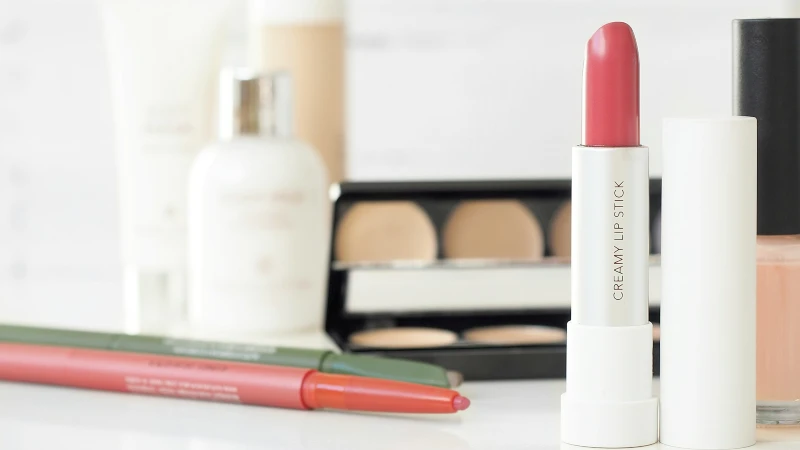Thyme is an herb I love to use in cooking; surprisingly, new research shows that it may be an effective treatment for acne.
Thyme (Thymus mongolicus) has been used throughout history for its healing properties. The Ancient Egyptians used it for embalming and the ancient Greeks used it in their baths and burned it as incense in their temples, believing it was a source of courage. It’s thought that the Romans spread the use of thyme throughout Europe using it purify their rooms, flavor cheese and liqueurs and aid sleep. Today it is used widely in cooking to flavor a range of dishes in many different cuisines. When used medicinally, the active ingredient in thyme is thymol. Thymol has been shown to be effective against fungal infections and may be found as the active ingredient in all-natural hand sanitizers.
Researchers from Leeds Metropolitan University recently tested the effect of thyme, marigold and myrrh tinctures on Propionibacterium acnes (P. acnes). All three killed the P. acnes bacterium after five minutes exposure, with thyme being the most effective of the three. The research team found greater antibacterial effect in thyme than in standard concentrations of benzoyl peroxide.
The researchers plan to conduct further tests using tinctures (extracts) in conditions that mimic the skin environment in addition to investigating how the tinctures work at the molecular level. Based on their initial research, the researchers believe that thyme may be a natural treatment for acne. In addition, they note that thyme acne treatments may benefit acne sufferers with sensitive skin, as the herb is believed to be less irritating than traditional acne treatments.



